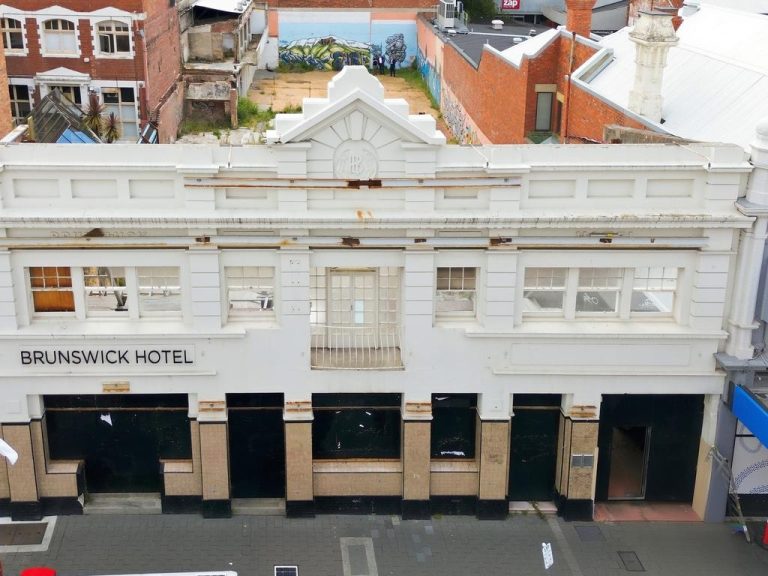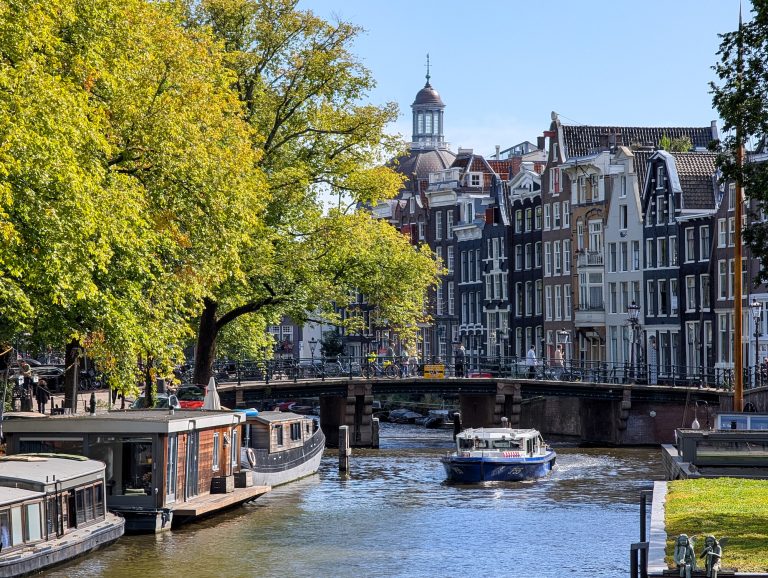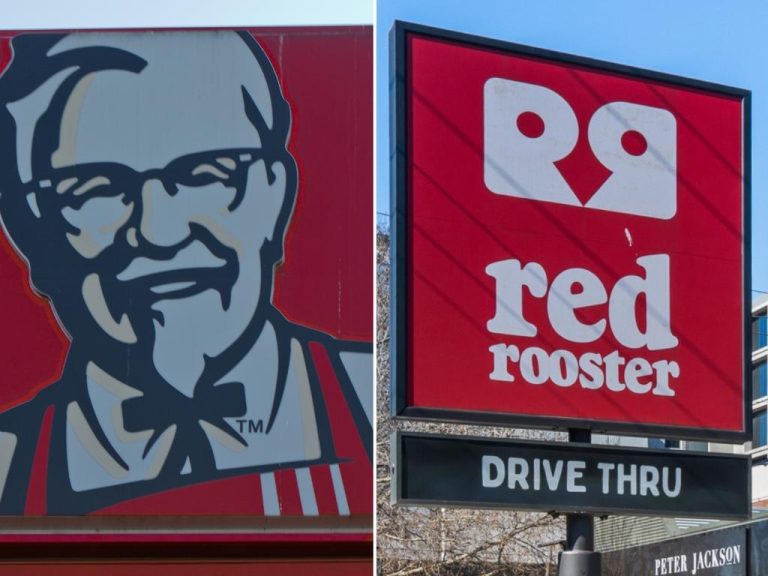Restaurant roommates: Hospitality businesses get creative amid struggling economy
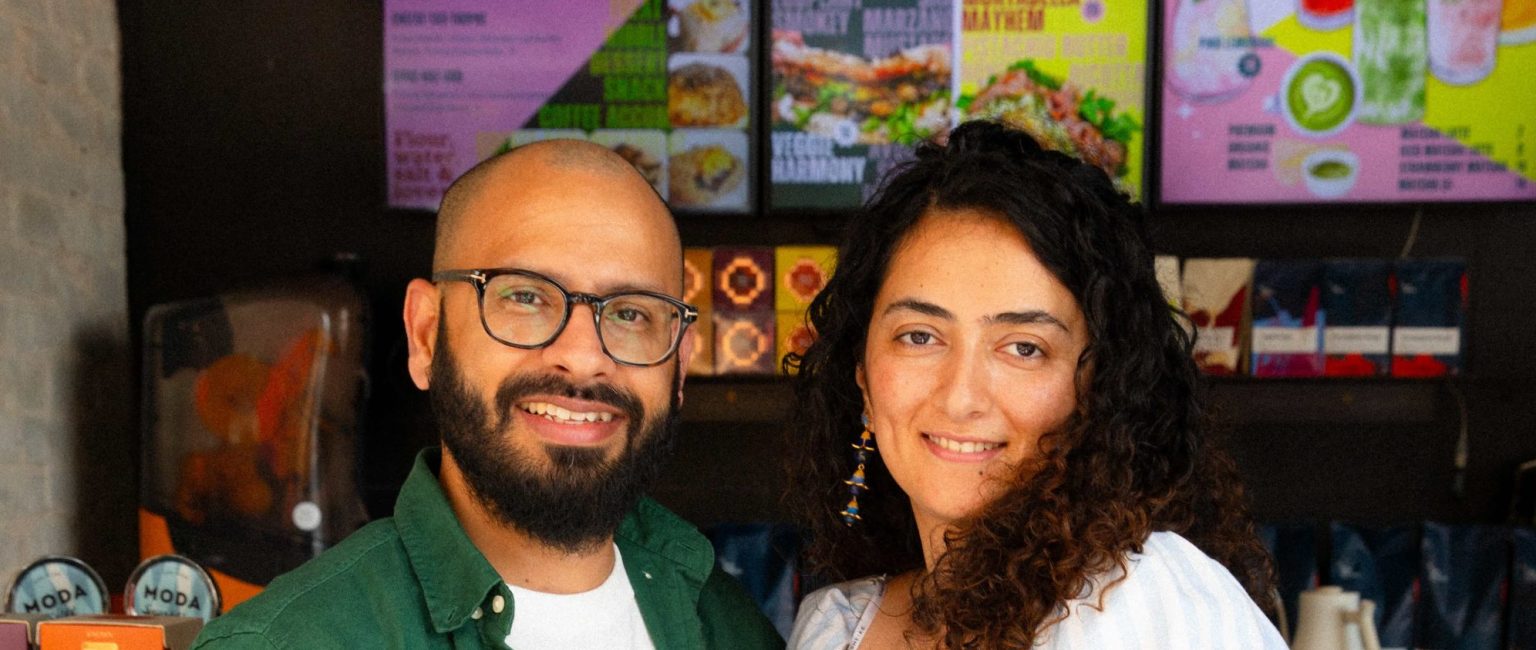
When husband-and-wife duo Chandni and Ankit gave up cushy tech jobs to pursue their dream of opening a casual street food eatery, they faced a major economic decision.
They could either cough up thousands of dollars on leasing a venue, or find a cheaper way to launch their new business venture, Eat Ozzo.
Opting to save money in any way possible, the pair approached their local café, Lucky Pickle, to see if they could sling their Italian sandwiches from the kitchen on weekends.
“We’ve been customers of Lucky Pickle for years, which is a bit of an institution in Pyrmont where we live. The business is closed on weekends, so we asked if they would be open to sharing the space,” Chandni Thakur told realcommercial.com.au.
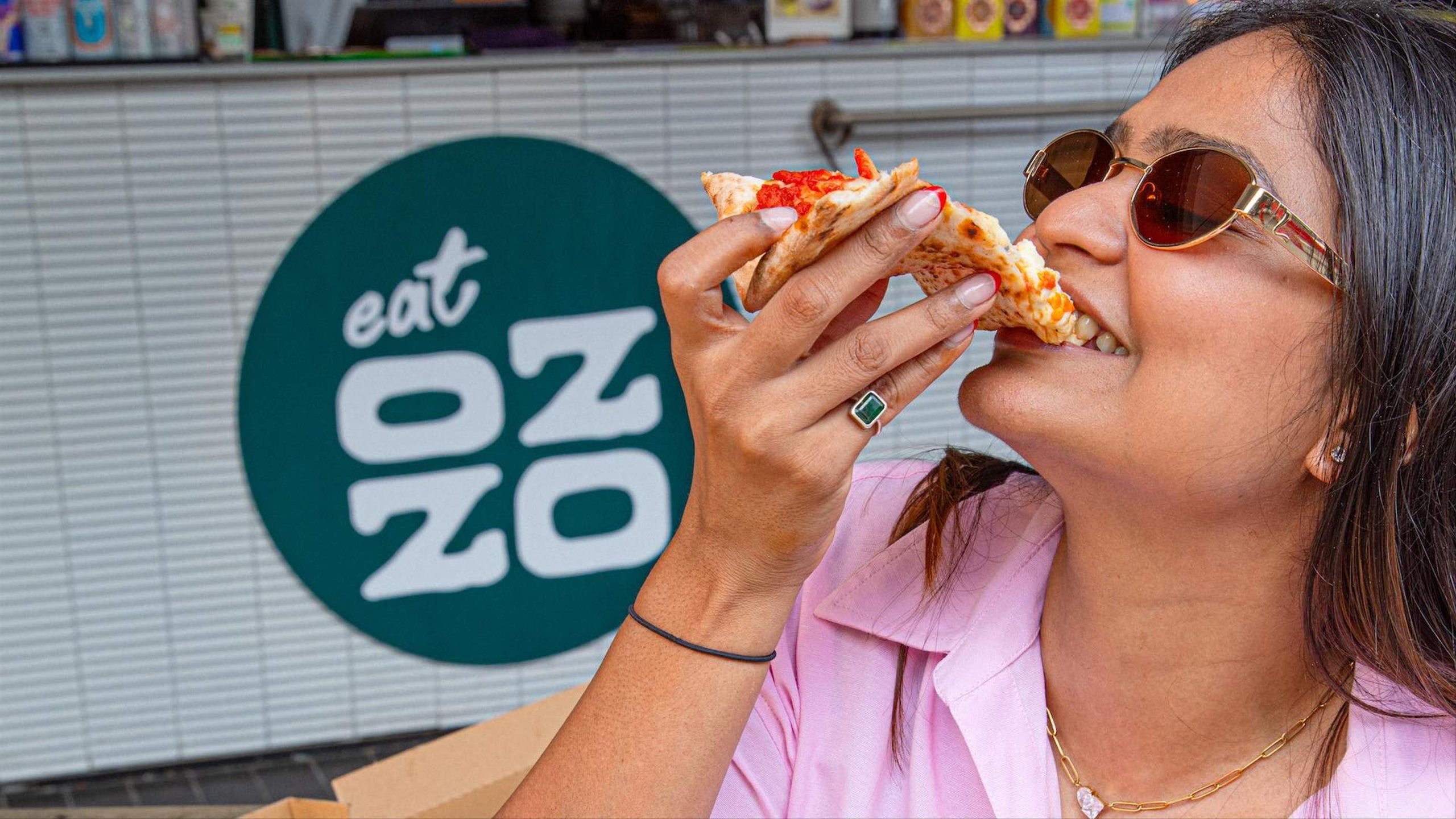
Eat Ozzo began in another cafe’s venue. Picture: Supplied
“It was a great way for us test our product before we made a big commitment on a commercial lease, which is generally three-to-five years and a pretty hefty capital investment. Sharing a commercial space helped us to eliminate some of that risk.”
Having restaurant roommates also proved beneficial for Lucky Pickle owner Daniel Grieves, who took a cut of the fledgling businesses’ profits.
“I had no idea what the foot traffic was like on weekends, so we didn’t know if it could work or not. I didn’t want Chandni and Ankit facing a big rental figure they might not be able to hit, so we decided a revenue percentage was fair,” said Mr Grieves.
“If they were quiet, it was only a little bit for them to pay. If they were busy then it was great for both of us.”
To the delight of Chandni and Ankit, Eat Ozzo’s pizza-inspired sandwiches became a hit with locals.
“At least 70% of our customers were returning on a weekly basis. That’s when we knew it was going to work,” Ms Thakur said.
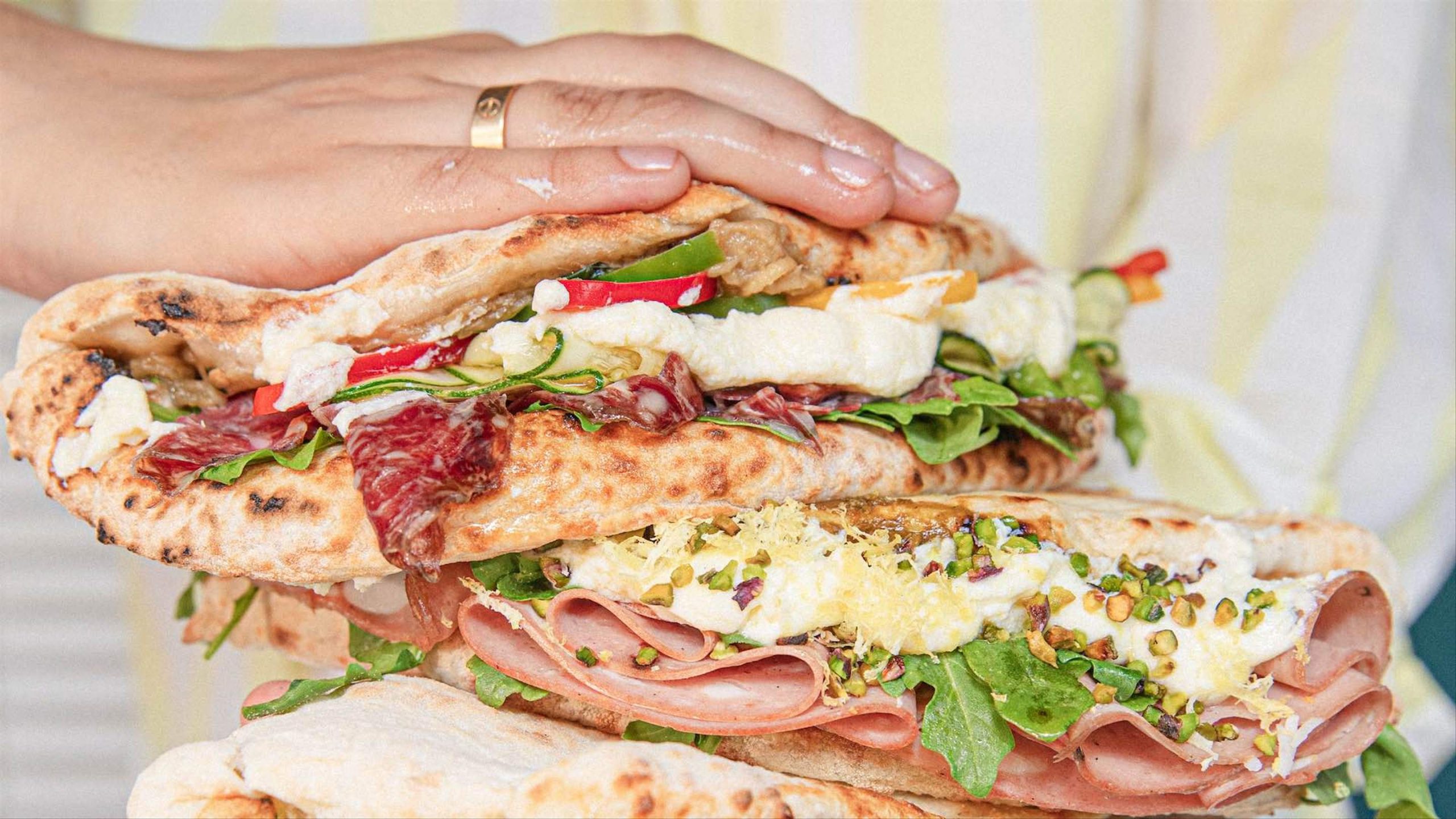
Ear Ozzo’s pizza sandwiches. Picture: Supplied
As of March, Eat Ozzo now operates from a permanent venue on the ground level of The Star, bringing what Chandni calls “a fine-dining quality to a quick-service experience.”
When considering opening a second location, Ms Thakur said collaborating with another venue would once again be her go-to strategy.
“I’m even thinking of sharing this space with someone who would like to run a business during the dinner trade.”
Hospitality is doing it tough
Food consultant Suzee Brain sees sense in the venue sharing model, particularly with many hospitality businesses struggling in the wake of the Covid pandemic and cost-of-living crisis.
“If an operator can find someone else to share their space who can operate a different concept at a different time, it can certainly help to alleviate some of the increased costs the industry is currently experiencing,” the Titanium Food director said.
Ms Brain noted the industry is facing several key issues in a post-COVID world.
“Inflation has led to a dramatic increase in the cost of goods. Milk and coffee beans, for example, are up over 30% from 2019. Electricity prices have also doubled, eating away at the profit margins of cafes and restaurants.”
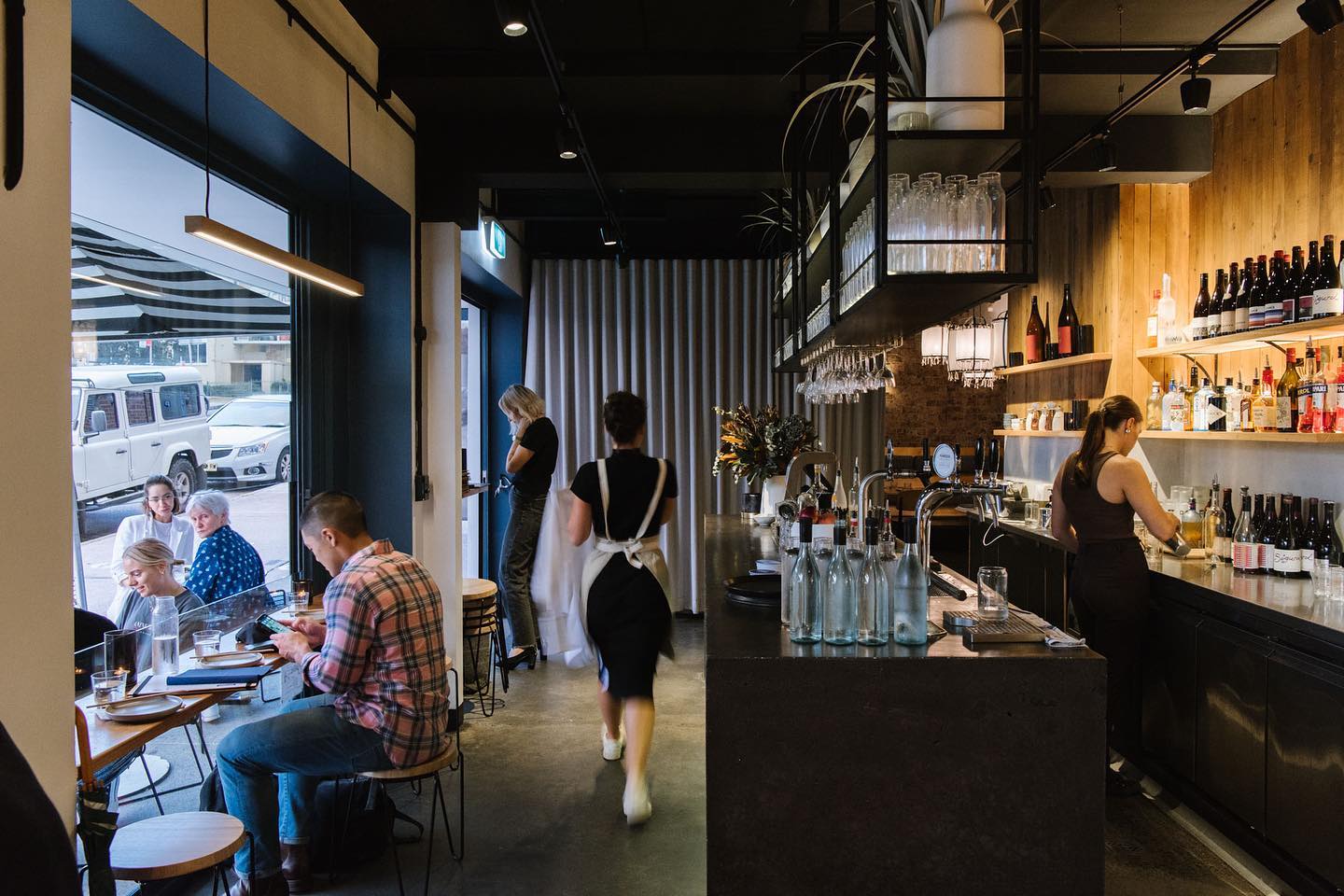
The hospitality industry has struggled sine COVID. Picture: Supplied
Ms Brain said labour shortages and wages growth were also making a dent in profits, while the cost of living crisis has led to reduced frequency of dining outside the home.
“We are however now starting to see some bifurcation as cashed up and retired boomers now have time and money to spend. This has led to an increase in premium dining in the inner suburbs and CBD, and also a rise in the patronage of fast food/QSR venues as customers ‘trade down’. But it’s left cafes and casual dining establishments in a grey zone of stagnant or decreasing patronage.”
According to Ms Brain, the key to profitability lies in increased productivity.
“With rent a fixed and major cost line for hospitality businesses, extending operating hours allows cafes and restaurants to take more bites of the cherry – breakfast, lunch, dinner and later evenings. This pushes up the productivity of a rented space.”
Two businesses, one address
In the affluent suburb of Adelaide’s Hyde Park, restaurateur Fillipo Ludovici takes full advantage of extended trading at Hello Neighbour, Artusi By Night.
Operating as an upmarket bunch café by day, the venue then transforms into an Italian gnoccheria to target the evening crowd.
His two-concepts-in-one idea launched just prior to the COVID lockdown, which turned out to be a blessing in disguise, Mr Ludovici said.
“COVID allowed us to do a soft launch, except for several months, because we could only have a limited number of customers in the venue at once. By the time everything opened back up, we had our system of café by day and restaurant by night running smoothly.”
“A lot of people told me it could never work, but here we are all these years later. I think we’re one of the first in Adelaide to do something like this.”
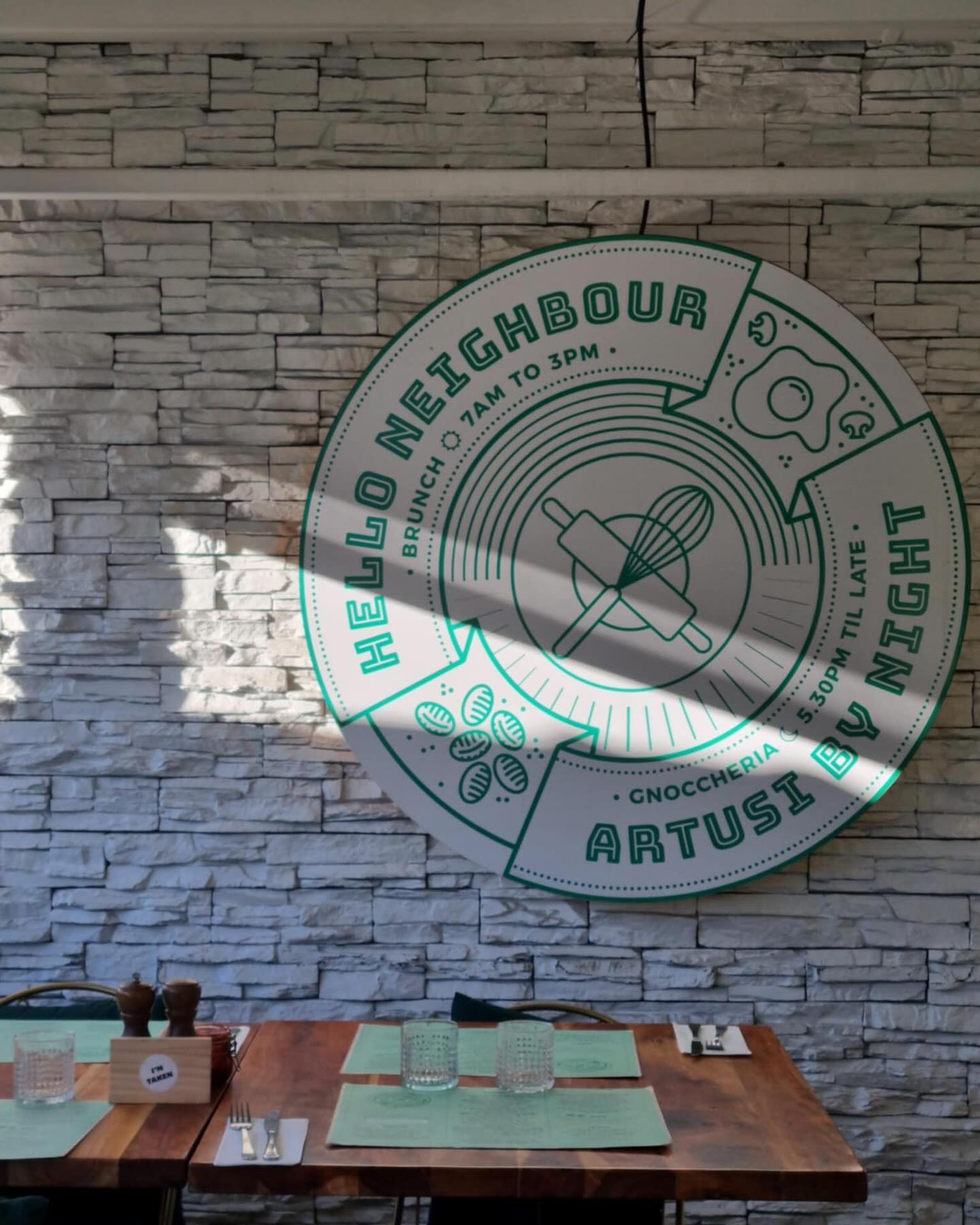
Hello Neighbour operates in the day, while Artusi by Night takes over in the evening. Picture: Supplied
Mr Ludovici said trading throughout the day and into the evening is a necessity in the current climate.
“With the cost of wages these days and also rent and electricity, we wouldn’t survive on just doing brunch, nor solely dinners. You need to have customers ticking over all the time,” he told realcommercial.com.au.
“I think that will probably change, but at the moment, if you don’t have a high turnover, you can’t survive. It’s not like how it was before where you could cut down on certain things and be OK. Everything’s just too much right now.”
In Bondi Beach, Harry’s and Raw Next Door is another successful two-in-one hospitality concept.
During the day, Harry’s operates as a bright, welcoming café with a focus on breakfast and casual daytime dining. But when the sun sets, the space transforms into a contemporary Japanese restaurant.
“The lighting shifts to a warmer, moodier ambiance, and we project old Japanese movies onto our tiled wall to create an intimate, atmospheric setting. It’s about making sure each business has its own distinct personality while maximising the space,” said general manager Jonna Kristiansson.
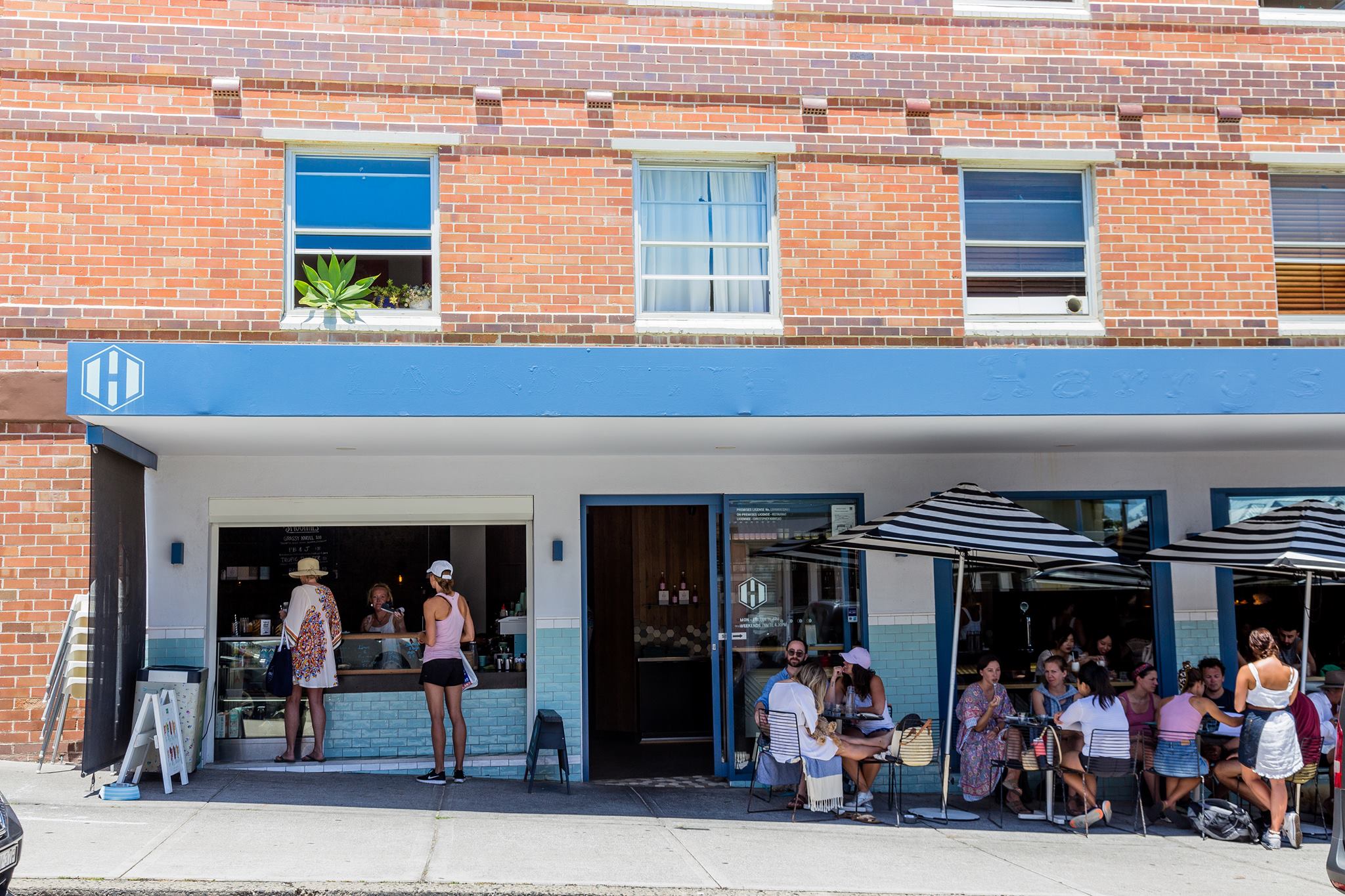
Harry’s cafe turns into Raw Next Door at night. Picture: Supplied
Running multiple businesses is definitely more demanding, Ms Kristiansson said, but the two complement each other well.
“We have separate teams – different chefs, managers, and waitstaff – so both Harry’s and RND operate independently.”
However, Ms Kristiansson insists the idea was not born from necessity, and that both Harry’s and Raw Next Door could survive on their own.
“In hospitality, making the most of your real estate is key, and having two concepts in the same location just makes sense. It’s not a necessity for survival, but it’s a smart way to increase profitability while offering something unique.”
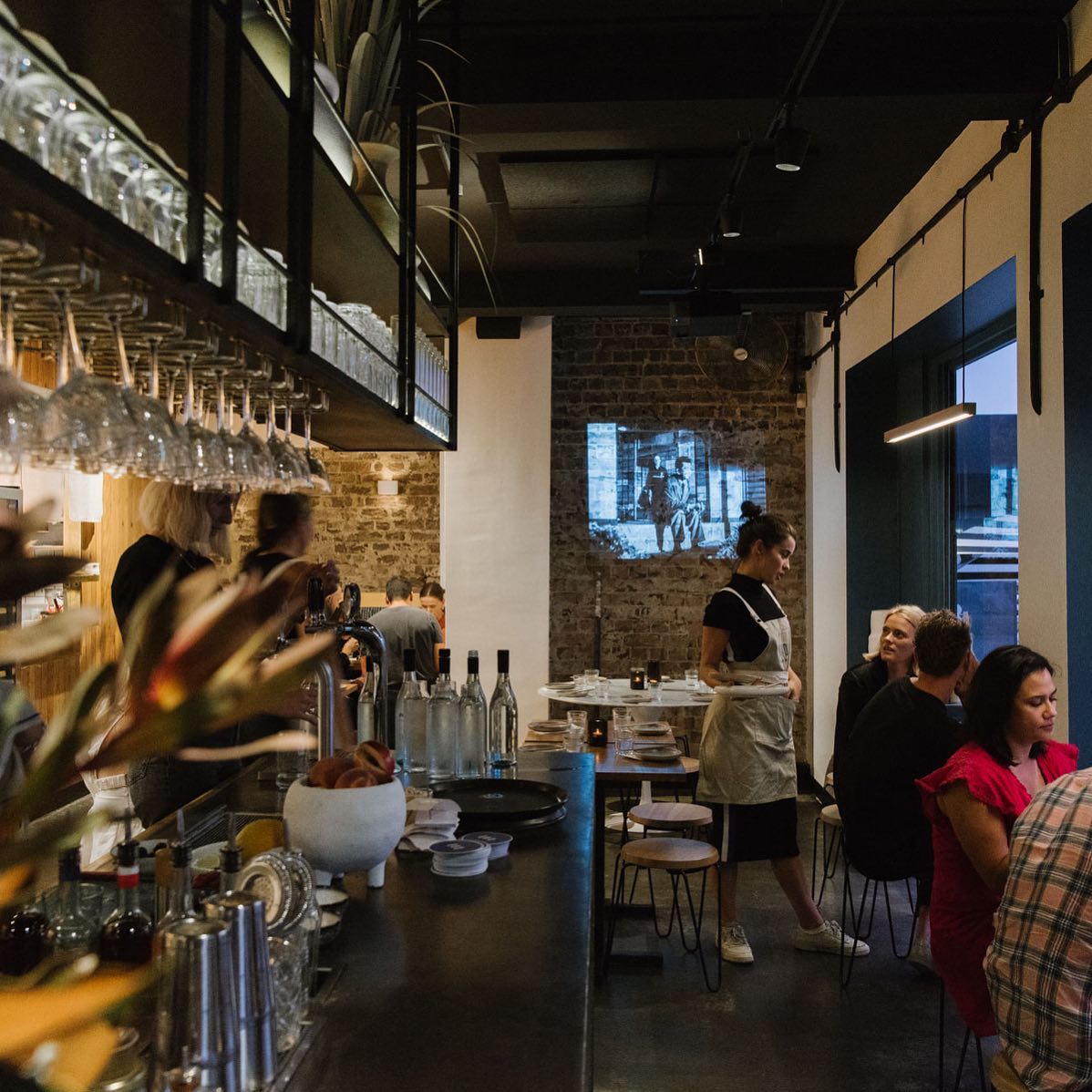
Harry’s cafe turns into Raw Next Door at night. Picture: Supplied

